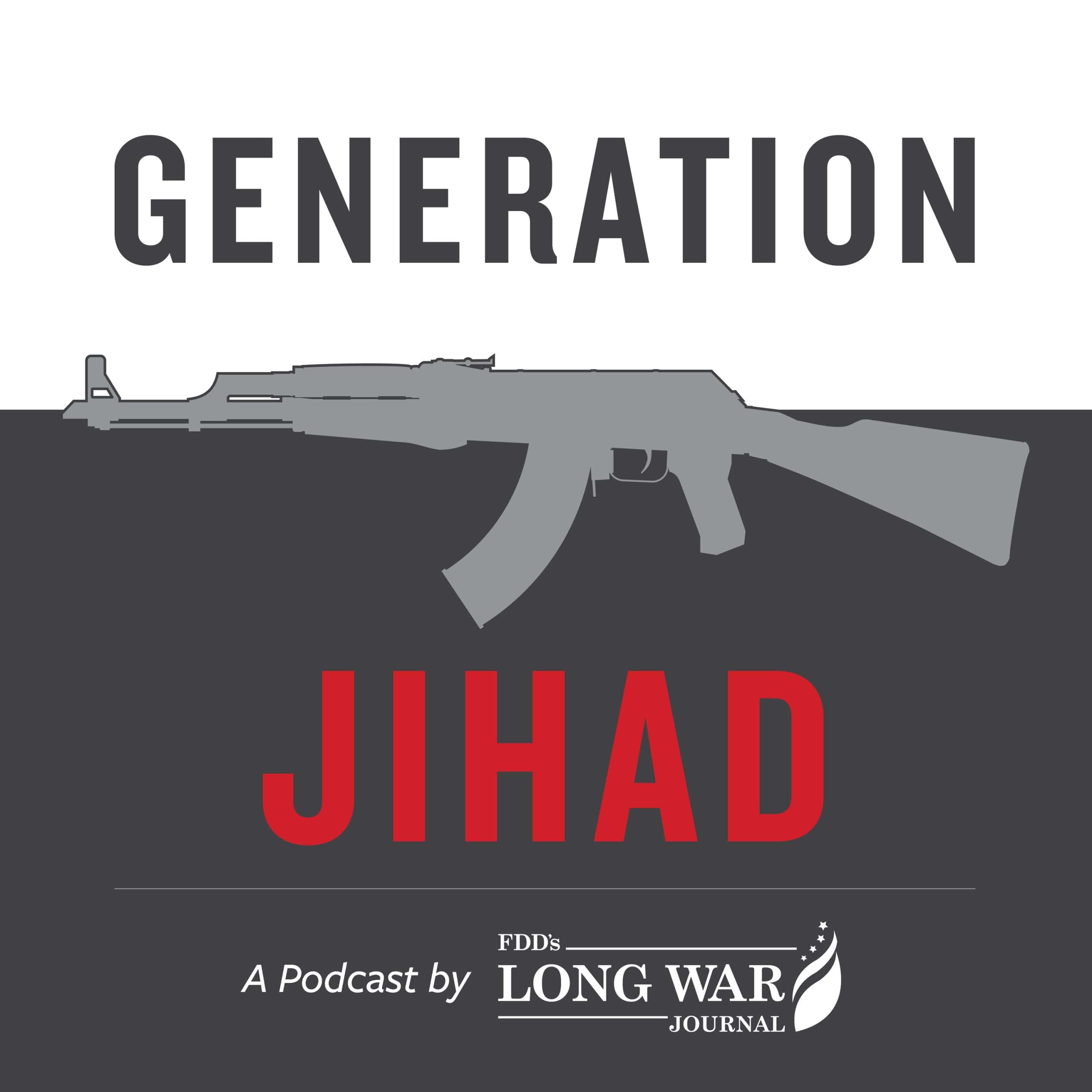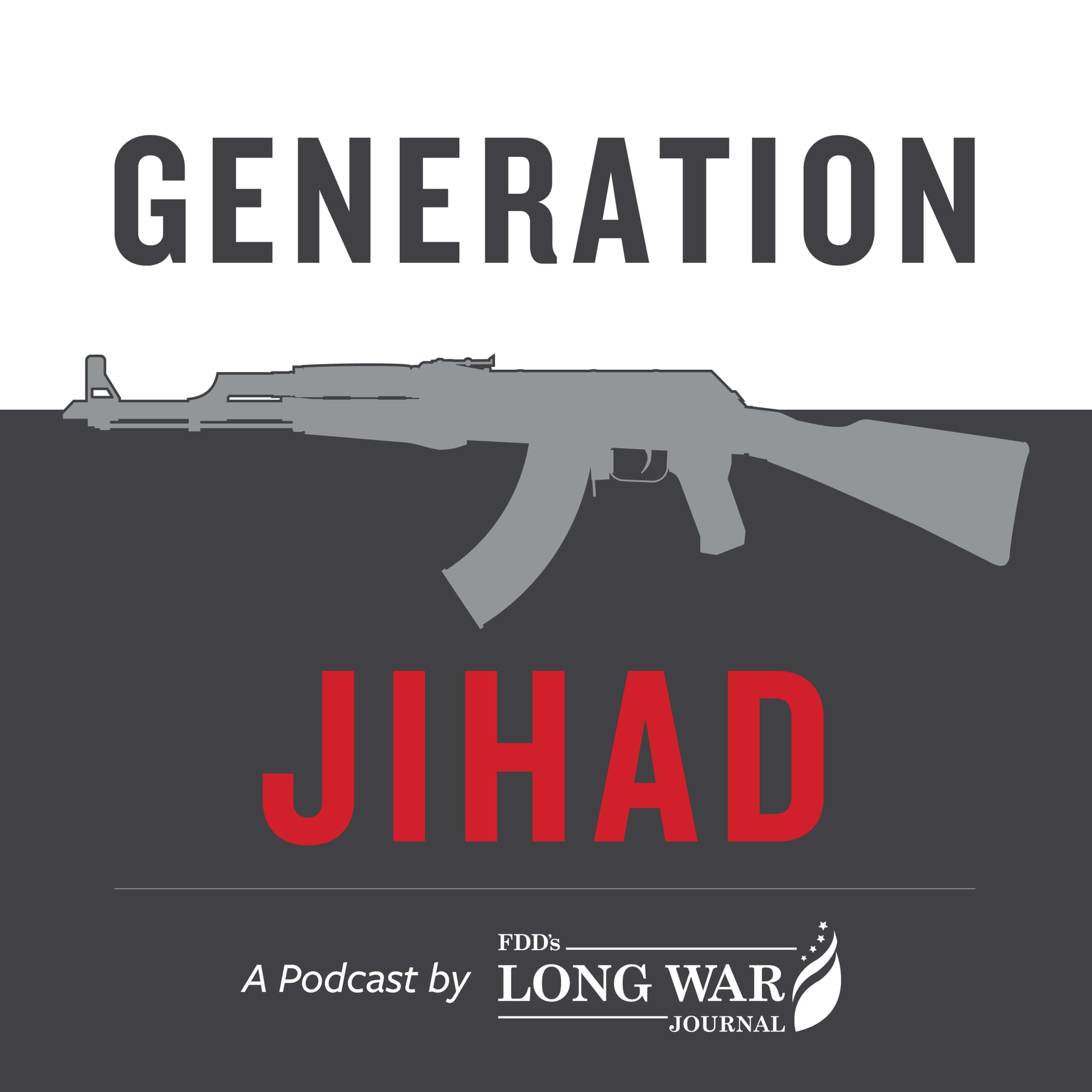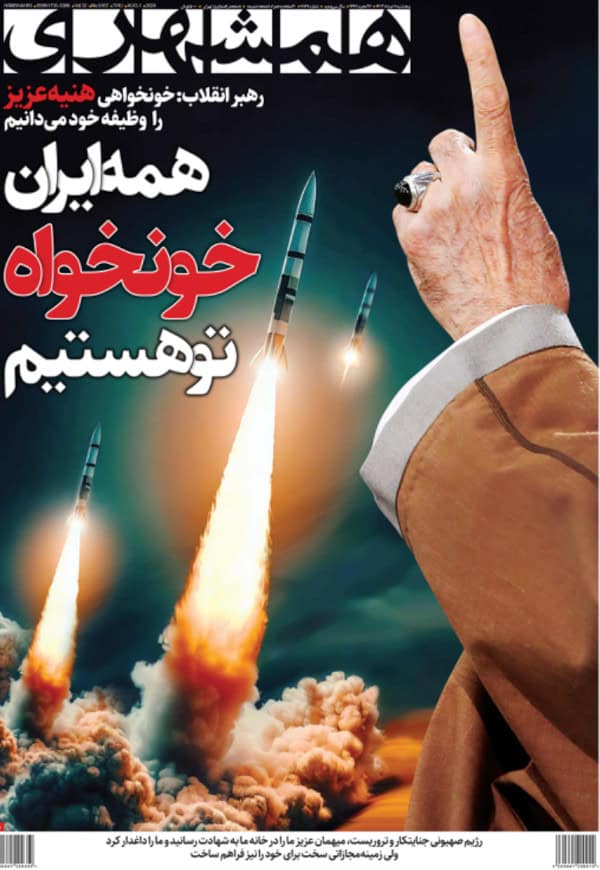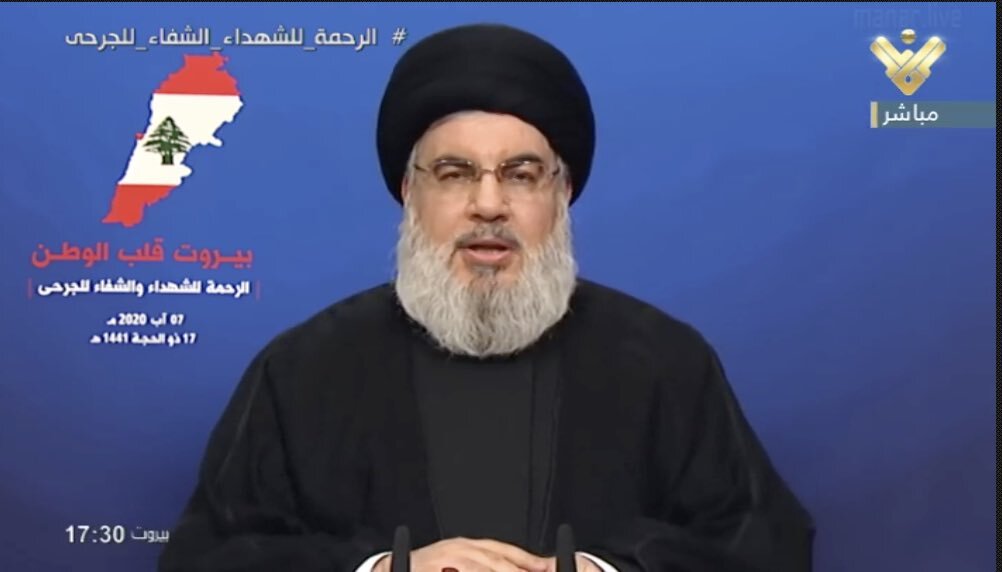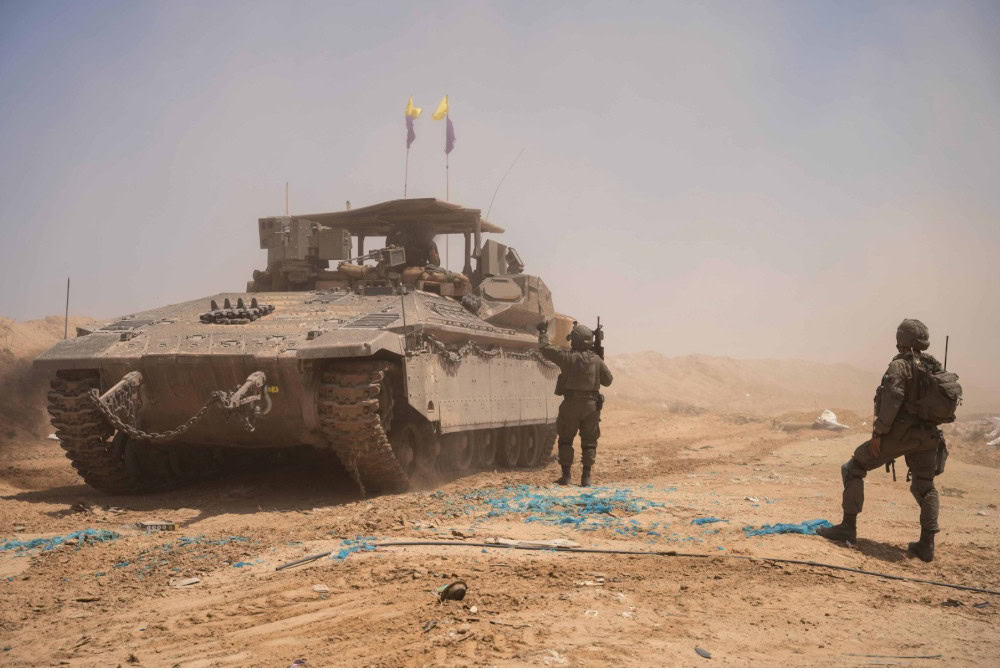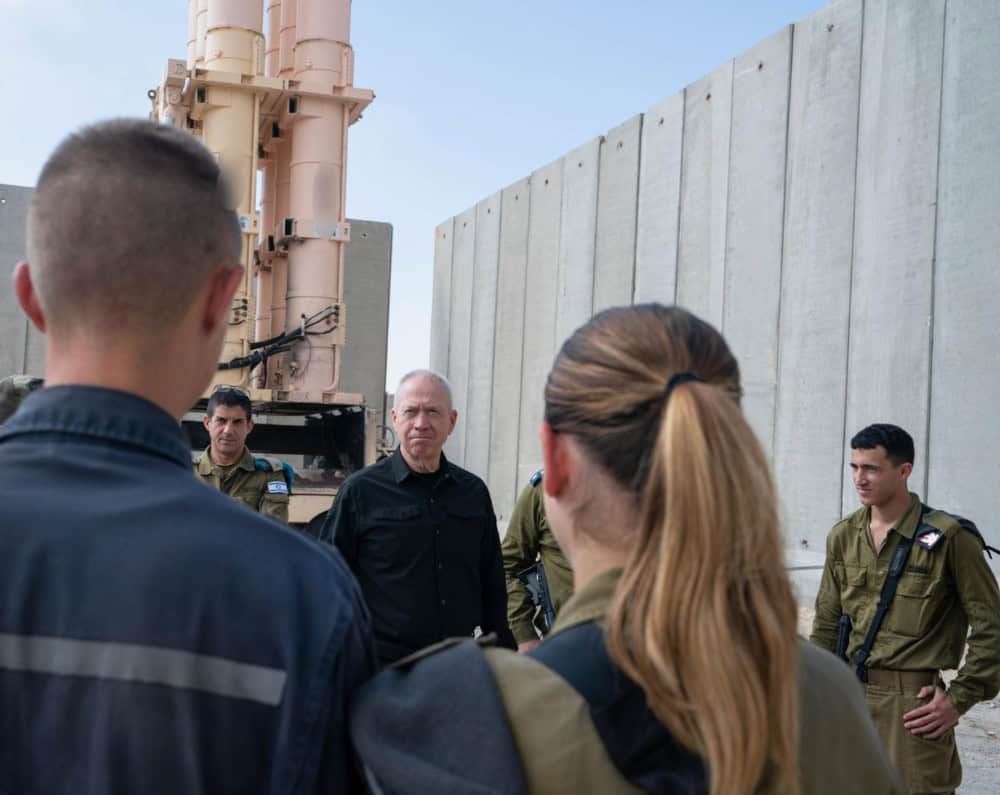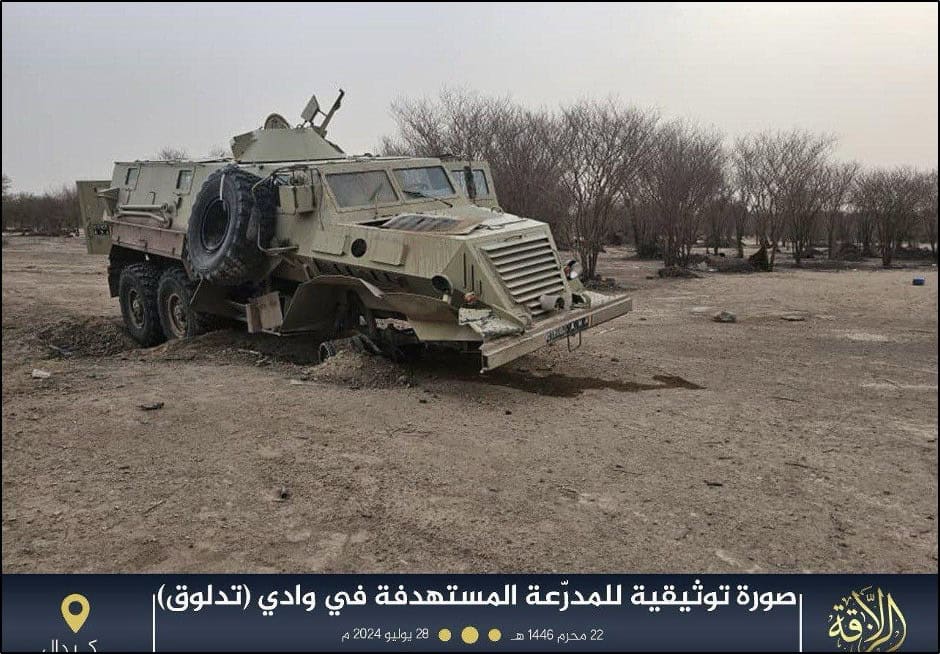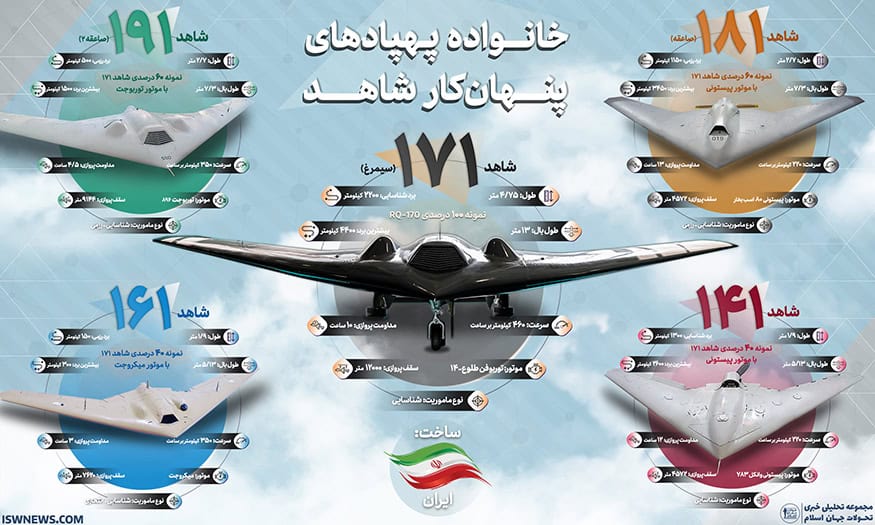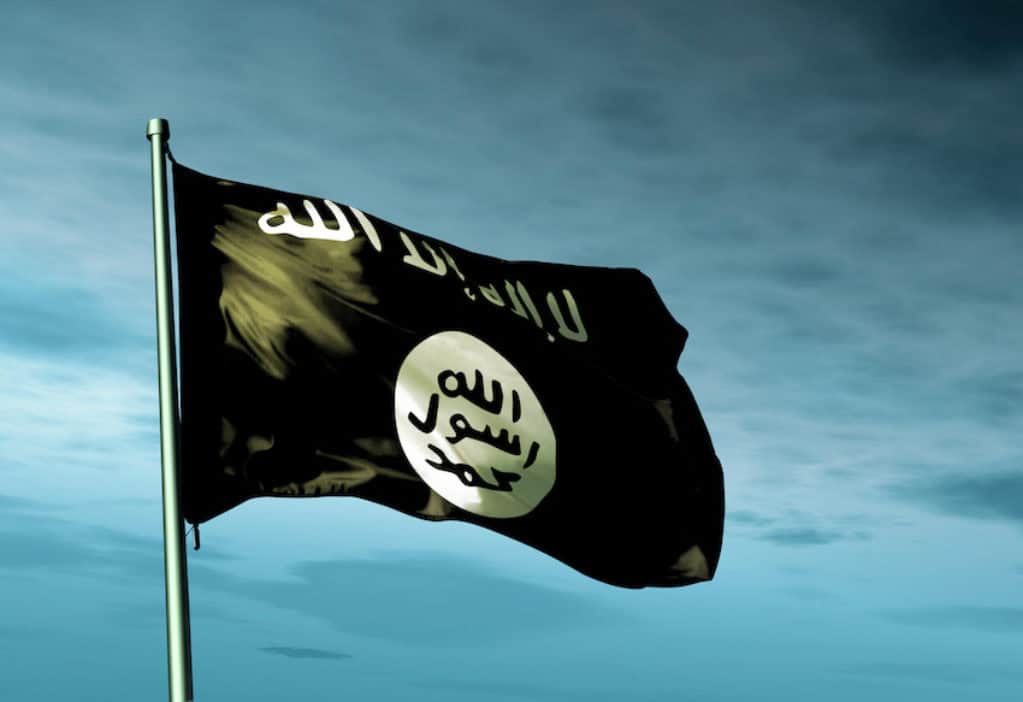
Hamas and Islamic Jihad claim responsibility for botched Tel Aviv bombing
Hamas and Islamic Jihad took credit for a suicide bombing attack in Tel Aviv on Sunday evening. In the aftermath, Palestinian social media became rife with propaganda lauding the bomber and encouraging copycat attacks against Israeli civilians.

